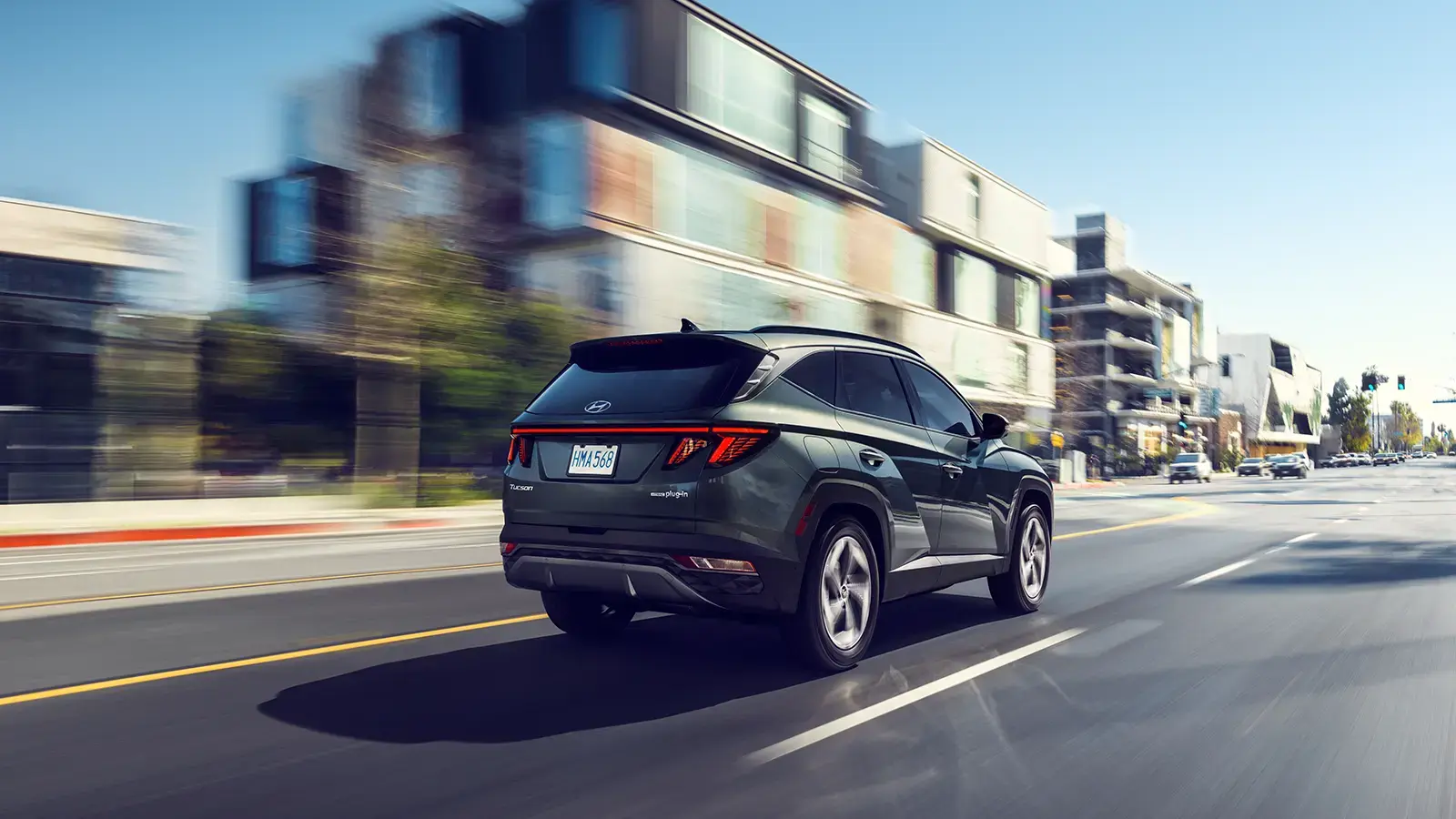Practical and Flexbile Driving
Plug-in hybrid electric vehicles (PHEVs) offer a practical and flexible way to drive more efficiently without fully committing to a battery electric vehicle. For many drivers, PHEVs provide the ideal combination of electric driving for short trips and the security of a gasoline engine for longer drives. Here are the key reasons why a plug-in hybrid might be the right choice for you.
Drive on Electricity for Daily Needs
Most PHEVs can travel between 25 and 60 miles on electric power alone, depending on the model. That range is more than enough to cover the average American’s daily commute or a trip to the grocery store. If you plug in at home each night, you may rarely need to use gasoline at all during the week.
Go Anywhere, Anytime
When you need to go beyond the electric range, your plug-in hybrid automatically switches to gasoline power. This feature removes any range anxiety and makes long road trips just as convenient as driving a traditional gas-powered car. You can stop at any gas station when needed, without depending solely on charging infrastructure.
Lower Fuel Costs
Using electricity instead of gasoline can save you hundreds of dollars per year. Electricity is typically more stable in price and significantly less expensive per mile than gas. Many utilities also offer lower rates for overnight charging, helping you save even more.
Reduced Emissions
Even when operating in hybrid mode, a plug-in hybrid produces fewer emissions than a gas-only vehicle. The more time you spend driving on electricity, the lower your overall carbon footprint. For those looking to reduce their environmental impact without going fully electric, a PHEV is a meaningful step.
Incentives and Rebates
Most plug-in hybrids qualify for valuable state incentives. Depending on the model and your location, you could be eligible for local rebates and perks such as carpool lane access or discounted tolls.
Versatile Charging
Charging a PHEV is straightforward and can often be done using a standard 120-volt outlet. Because PHEVs have smaller battery packs than all-electric cars, they charge quickly. You can also use Level 2 charging for even faster results, either at home or at public stations.

Lower Maintenance Costs
The electric motor in a plug-in hybrid reduces wear on the gasoline engine and braking system. With regenerative braking and fewer moving parts in the electric drivetrain, you may see fewer service visits and reduced long-term maintenance costs.
Broad Model Selection
From sedans and hatchbacks to SUVs and minivans, plug-in hybrid options are available across a wide range of styles and price points. Automakers like Toyota, Ford, Hyundai, Kia, and Jeep offer PHEV versions of some of their most popular models.
Your Journey Continues
Learn more about PHEV advantages and considerations:
← Go Back: How Plug-In Hybrids Work
Discover Next: Is a Plug-In Hybrid Right for You? →












